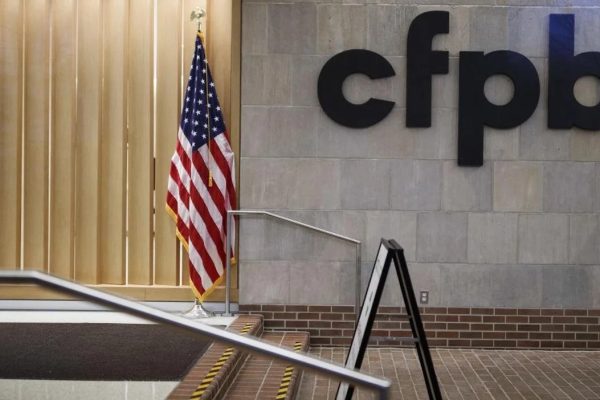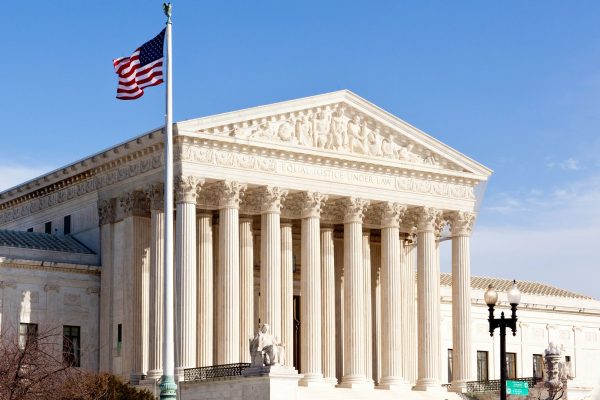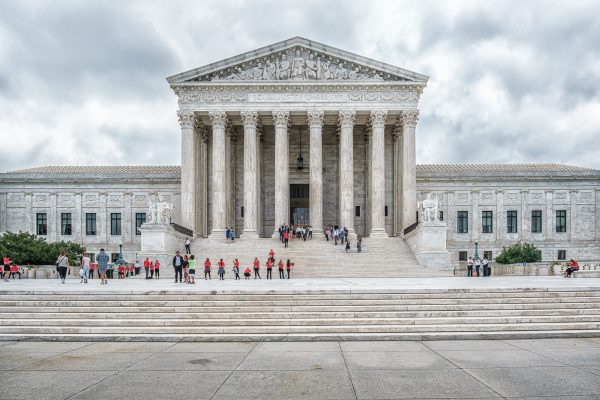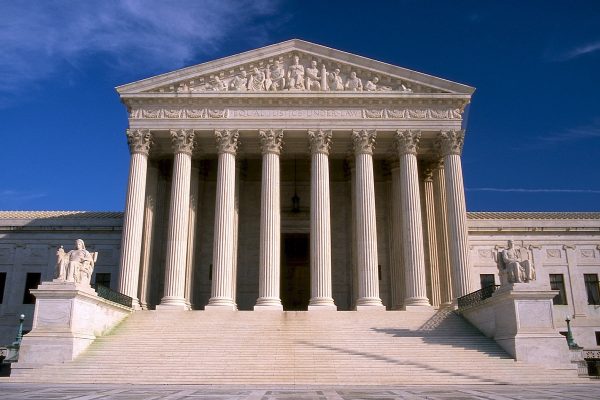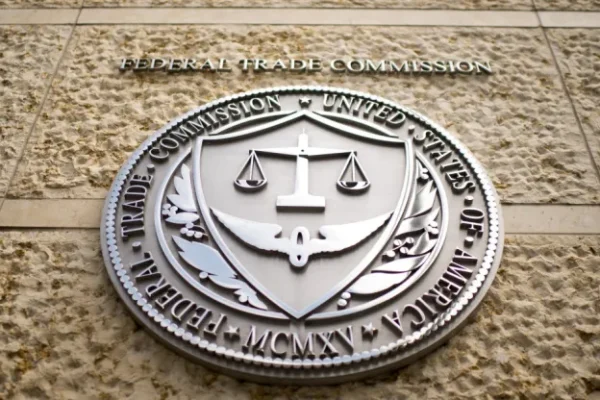Events: Jake Bittle and The Great Displacement: a Conversation about Housing Displacement and Climate Change
Jake Bittle and The Great Displacement: a Conversation about Housing Displacement and Climate Change On September 26, 2023 Americans for Financial Reform Education Fund hosted Jake Bittle, author of “The Great Displacement: Climate Change and the Next American Migration” along with housing experts and community




